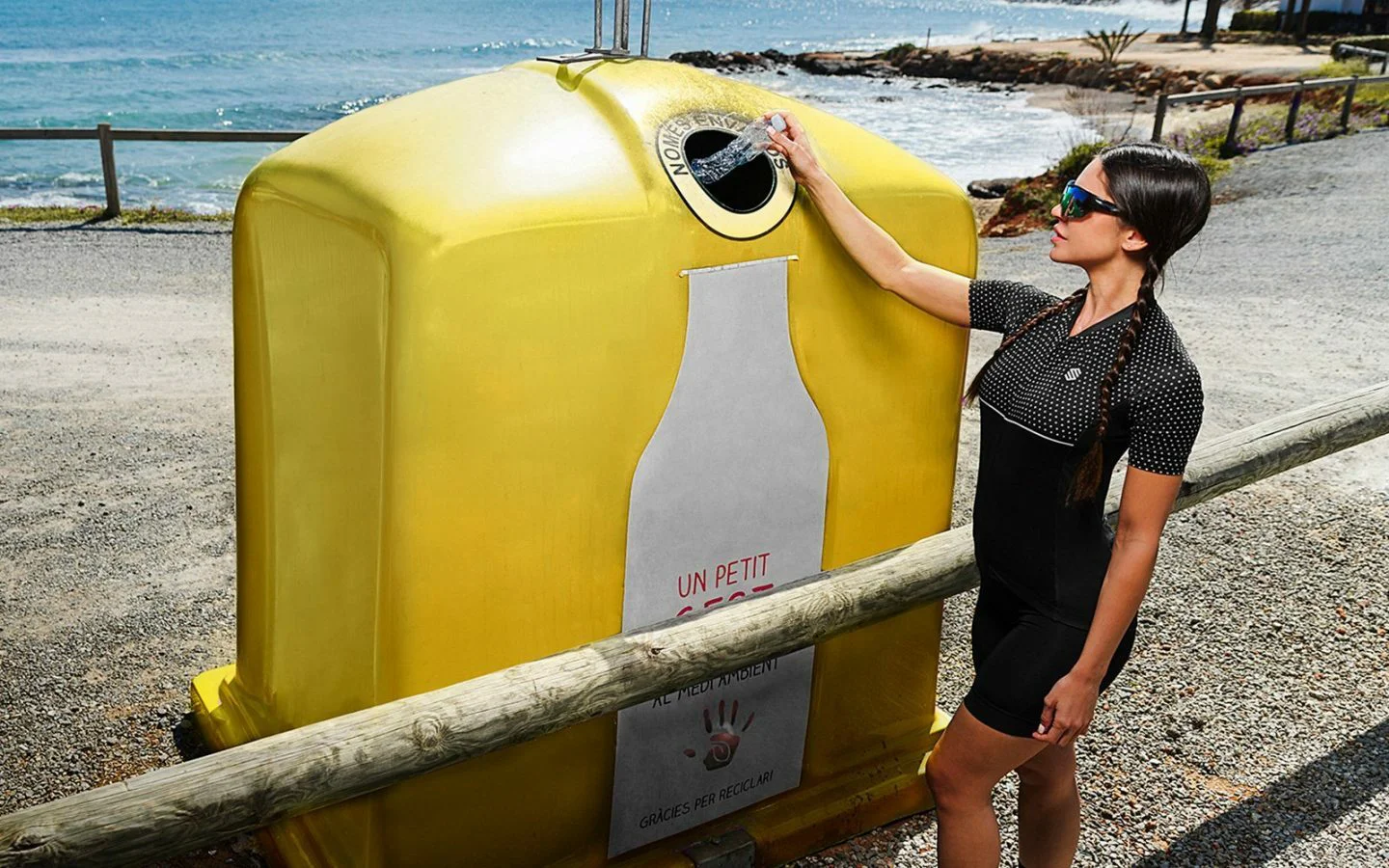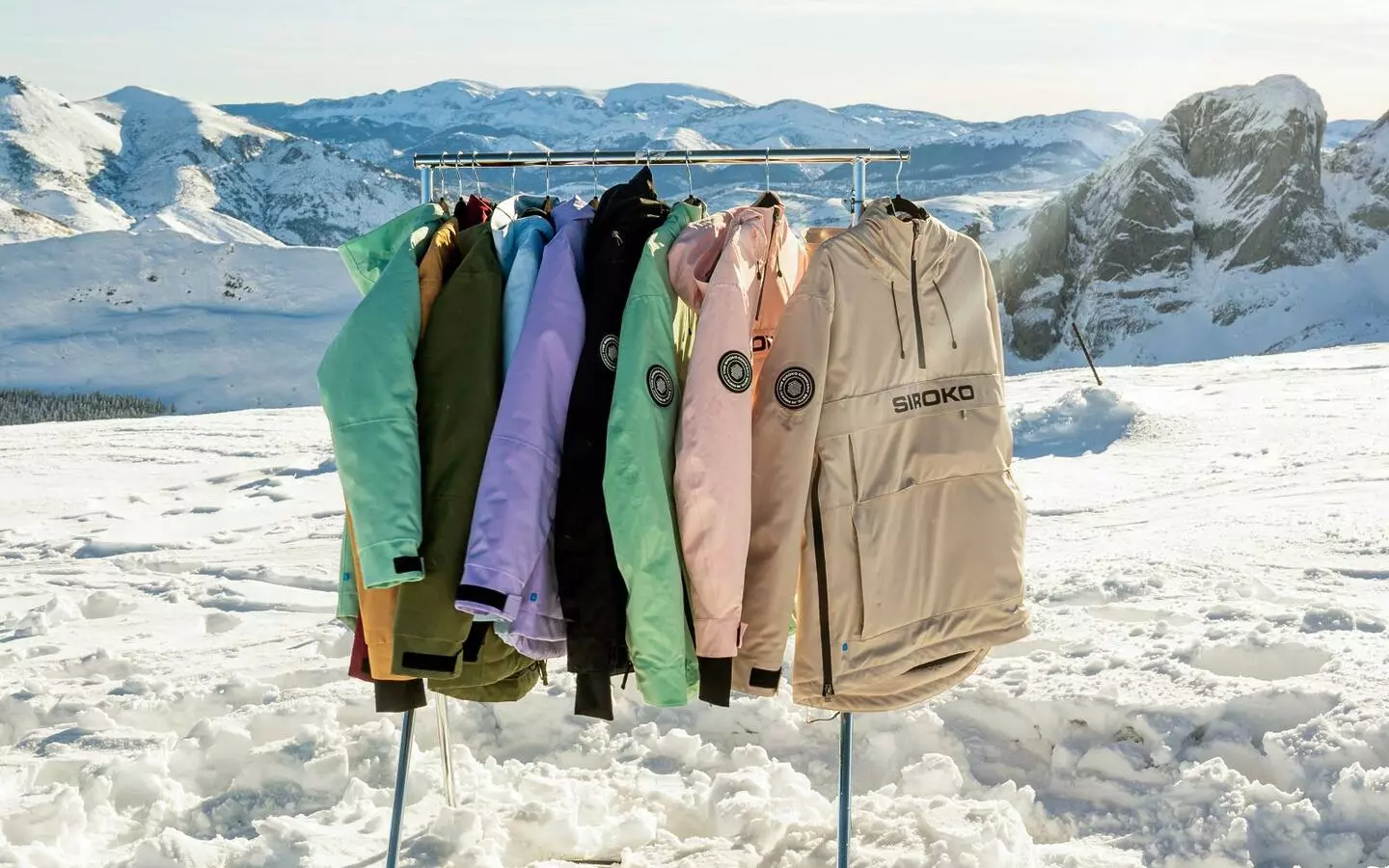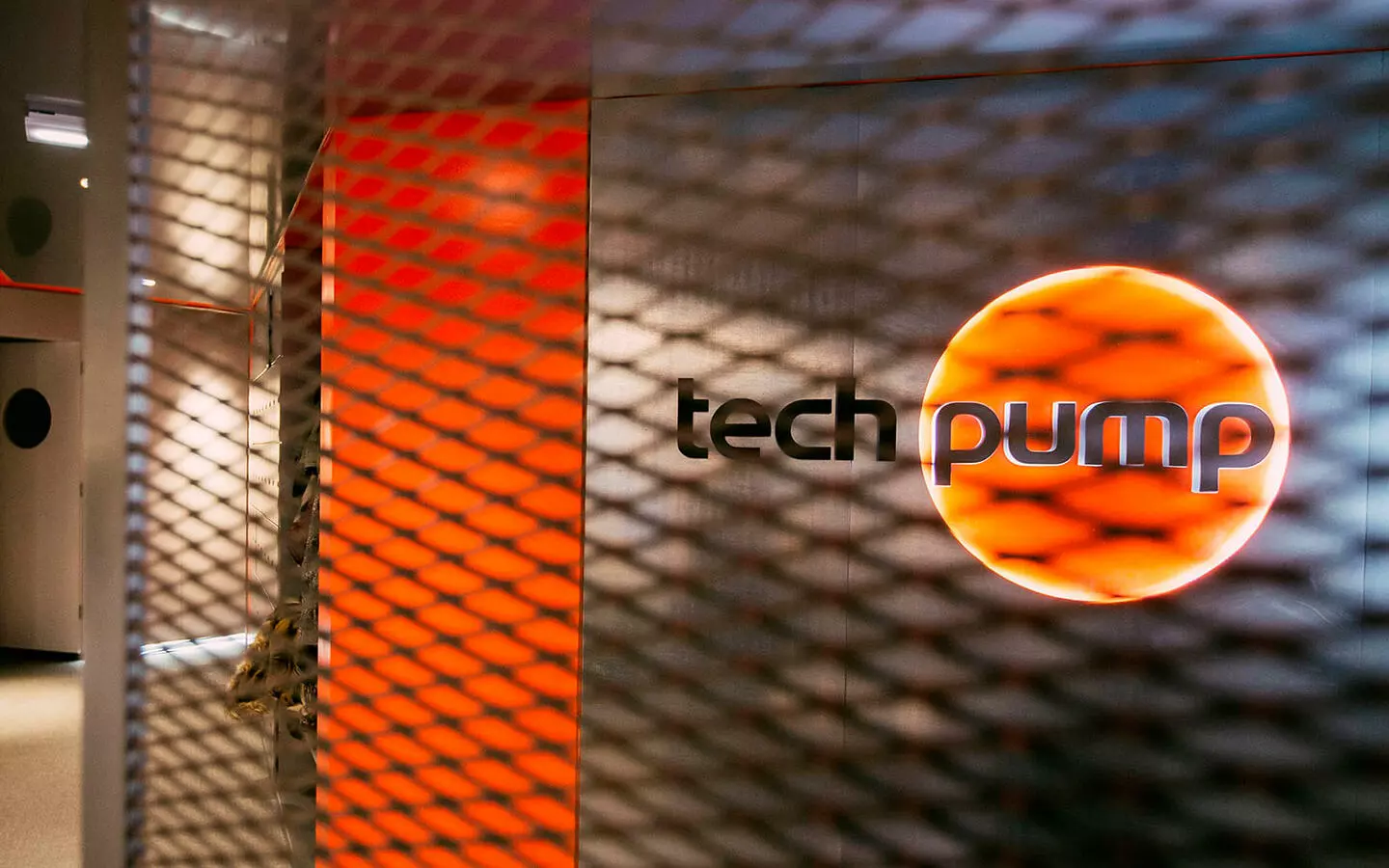Cycling is one of the most sustainable sports but let’s be honest, everything we do has an ecological footprint and riding a bike is no different. Each step has an impact: from the manufacturing process of the bike itself to energy gel or bar wrappers that we snack on while cycling. That’s why we should do our best to become even more sustainable by adopting these simple habits to help protect the environment:
- Do not throw away snack wrappers just anywhere. If you have carried the gel or bar all the way, once you’re done eating, keep the wrapper in your pocket or under your jersey or jacket and throw it in the bin. Better yet if you choose to make homemade gels or bars in reusable containers (Homemade Recipes for Cyclists). If you see a cyclist who throws away the packaging, tell them, politely, that what they’ve just done is wrong. Just because the pros do it doesn’t mean it’s right. And if they do it because they’ve seen the pros do it, why don’t they throw the cans away too? That’s a different story, isn’t it?
- Tap water is a better choice than bottled water. When filling the bidon, use tap water. When you need a refill on the way, look for a drinking fountain or ask at a café to have it filled with tap water. It’s free, does not come in a plastic container and, in most places, it is just as good or even better than bottled water.
- Use environmentally friendly cleaning and maintenance products such as the soap to clean your bike, the lubricant, wax or degreaser. There are plenty of options at a similar price to non-eco products. You can also make your own homemade products, i.e. a degreaser. Use: juice from 1 lemon, 2 tablespoons of baking soda and 2 cups/473 ml of hot water. Put it in a spray bottle and start degreasing.
- Take care of your bike and its components to make them last longer. Keeping your bike clean and in good condition will extend its life. This is particularly true for the drivetrain (chain, chainrings, crankset, cassette and derailleur) and the parts that rotate and use bearings, such as pedals, bottom bracket, headset and wheel hubs. Visiting a bike workshop and regular cleaning will help you spend less money on new components. Reducing wear and spendings will make your pedaling more sustainable.
- Proper tire pressure. Make sure your bicycle tires have the correct pressure, according to your weight, to extend their life. If there is not enough air, there is more friction and therefore more wear and tear, meaning you will have to change the tires sooner. This can be avoided by checking the pressure before each ride – a very simple eco-friendly habit that will also make you ride faster. Once the tire has worn out, do not simply throw it away in the trash. Take it to a recycling facility, a car tire shop, perhaps look into solutions such as Green Guru or Velorim, or go to a local store to have it recycled. You can also get some inspiration and give your tire a second life by turning it into a belt, a chair, a doormat or a keychain.
- Patching = recycling. Although inner tubes may be very cheap, it’s still more economical and environmentally friendly to fix a puncture with a patch than to throw away the punctured tube and use a new one. You don’t have to patch the tube on the route, unless you’ve had several punctures on the same day. It’s best to change the punctured tube on the go and, once you get home, repair the puncture. When it comes to changing the tube, a small hand pump would be a greener solution than CO2 cartridges. Tubes with several patches are proof of some bad luck but also many kilometers. To recycle the tubes, follow the same guidelines as for tires. If you like to take recycling to the extreme, and you have some DIY skills, you can even use some of these amazing ideas.
- Bike tourism. Tourism has a huge ecological footprint. Even when we travel to other regions or countries to cycle, we get there by car or plane. Rethinking our holiday plans and choosing the bicycle as the only or main means of transport is extremely important. You can find a lot of information on bicycle touring, for instance EuroVelo, which features many different routes of over 45,000 kms total across Europe. Another way to reduce the impact of tourism is sightseeing and getting around the city or region by bike. Bicycle rentals are a great option that easily adapts to everyone’s needs. It all depends on how bike-friendly the city is. Let’s be honest, a tourist will certainly feel more like hopping on a bike in Copenhagen than in Madrid.
- Rechargeable battery-operated lights. Both front and rear lights are essential accessories that improve our visibility on the road, the latter being the ones we use most often. Therefore, it’s a good idea to get rechargeable battery-operated lights rather than those with replaceable batteries. And if our light runs on regular replaceable batteries, it is better to use rechargeable batteries than single-use ones. You can even opt for solar powered bike lights with integrated solar panels.
- Choose sustainable brands. The fashion industry is one of the most polluting sectors, therefore we must choose brands that are committed to reducing their environmental impact through a zero-emissions policy. This is also our mission in Siroko, as we are constantly looking for new ways to become an even greener and more eco-friendly brand. We use sustainable and durable materials such as merino wool that complies with the Responsible Wool Standard (RWS) in our cycling base layers or Mersamid® recycled plastic in the frames of our sport sunglasses. We design our products to increase their durability. We choose transport companies that optimize their delivery routes to reduce CO2 emissions. We use recycled cardboard and vegetable-based inks in our packaging and we have implemented a waste management process in our warehouse allowing for its efficient transport to recycling centers. And above all, we collaborate with manufacturers and suppliers who share the same environmental concerns.
- Responsible and sustainable consumption. Brands are not the only ones that should respect the environment. As consumers, we can also make responsible choices and avoid contributing to the environmental degradation. We must think twice and decide if we really need what we are going to buy, and go for a less-is-more attitude. There is no point in choosing an eco-friendly brand if we buy more than we need or do not take good care of the products. Just as with bicycles and their components, taking care of clothing and accessories will extend their life. We should also recycle all the packaging and put it in corresponding recycling containers or give it a second life as many Siroko customers do with our bags and boxes.





Pingback: Celebrate Earth Day 2022 with the Tour De Earth Day Environmental Bike Ride – Holy City Sinner